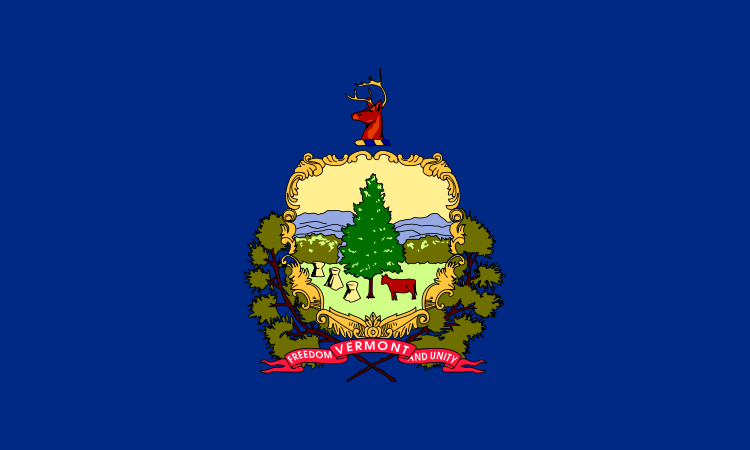Vermont’s House and Senate have greenlighted a retooled version of the state’s gift and payment disclosure bill, authorizing several adjustments considered draconian in some quarters.
The most recent version of the bill, S.48 (here, in pdf) supersedes PhRMA’s guidelines and the pending Physician Payments Sunshine Acts (as well as other restrictive state laws in Massachusetts and Minnesota) by banning all gifts—defined as anything of value, including payment, food, entertainment, travel, subscription, advance and service—and tightening disclosure practices. There are gifting provisions for “allowable expenditures,” such as drug samples, loaning of medical devices (no more than 90 days) and peer-reviewed academic literature.
Some payments are allowable as well—honoraria for seminar and conference participants, clinical trials, research projects and medical device training-related expenses—although specific criteria must be met in all of those cases in order to give or receive a payment.
The bill’s new formulation also requires that pharmaceutical companies report all samples dispensed, including brand name, generic name, quantity and dosage, as well as the receiving doctor’s name and information.
Additionally, the bill establishes a “work group” to recommend less expensive generic drugs. The group will “generate a proposed list by class of drugs to describe which generic drug or drugs could be substituted when a physician prescribes a more expensive brand name drug in the same class,” according to the bill.
Physicians in Vermont received approximately $2.1 million in payments, with food expenditures at roughly $860,000 during 2008, the bill stated.
Given the $0 de minimis on food, physicians in Vermont may be excluded from industry events, according to Tom Sullivan, president and founder of Rockpointe Corporation, a med ed company. “Even at ACCME events, [Vermont] doctors can’t visit product theaters, and they can’t attend your conventions,” said Sullivan. “It’s short-sighted.”
[Update: Vermont Govenor Jim Douglas signed the bill into law on June 6, 2009]







